From MKO to Tondar, how Germany became safe haven for anti-Iran terror groups
By Press TV Staff Writer
Recent hostile actions by the German government, following the death of a notorious terror ringleader responsible for numerous civilian deaths in Iran, underscore Berlin’s longstanding policy of offering support to anti-Iranian terrorist groups.
On Thursday, Germany announced the closure of three Iranian consulates in Frankfurt am Main, Munich, and Hamburg, citing the execution of "a German citizen" in Iran.
The individual in question, Jamshid Sharmahd, an Iranian-born convicted terrorist, was the leader of the Tondar terrorist group and the main orchestrator of the 2008 Shiraz mosque terror attack that killed 14 civilians and injured 215 others.
German politicians and media have unanimously disputed his guilt, using misleading terms such as "activist," "journalist," "dissident," and "human rights fighter," and claiming he gave a "forced confession" in a "sham trial."
In other words, they imply that the verdict against the terror mastermind lacks evidence, even though Sharmahd’s website, widely available in internet archives, openly documents his direct role in anti-Iran terrorist acts, mocking victims and threatening future attacks.
In a statement posted on the website, Sharmahd openly takes responsibility for attacks inside Iran.
His management of Tondar's official website tondar.org is undeniably evident from its "contact us" section, signed as Jamshid in German, as well as from his biography on the new, whitewashed website tondar.info.
Web analytics also show that the former official website was registered in Germany, in the Saxon town of Falkenstein, under the hostname jamshid.tondar.org.
Although the mere glorification of terrorist attacks is punished in all countries, often with vast media coverage, Sharmahd has taken over, glorified and threatened with such attacks for years, without any reaction from the German or American authorities.
His case is one of many, illustrating Germany’s overt and public support for anti-Iranian terrorists by providing them refuge, resources, and political and legal protections.
Sharmahd had been sentenced to life in prison but died inside jail last week, Iran's judiciary spokesman said at a press conference in Tehran on Tuesday.
Germany as safe haven for anti-Iran terrorists
Alongside France and Albania, Germany is a major base for the Mujahedin-e-Khalq Organization (MKO), a terrorist cult that wields considerable influence over politics, judiciary, and media in Germany.
In late 2021, the German weekly Die Zeit published investigative pieces on MKO cult members, their lobbying circles, and local and international criminal activities, for which the MKO unsuccessfully tried to sue them.
Press TV website reported in February 2023 about Die Zeit journalist Luisa Hommerich's legal battle against the MKO terrorist cult after the Hamburg district court dismissed a lawsuit filed by the German branch of the West-backed terrorist group.
The report, originally published in Zeit Magazin on October 27, 2021, revolved around Golmaryami, who came to Germany as a refugee child in the early 1980s.
At the tender age of 15, he and many other young Iranian refugee children in Cologne were forcibly taken to Iraq to be trained as "child soldiers" against the Islamic Republic.
While other victims chose not to narrate their harrowing ordeal in the captivity of the MKO terrorist cult due to safety concerns, Golmaryami decided to break his silence.
The investigation revealed that at least 40 children and young people, who had come to Cologne as refugees without their parents, were smuggled into Iraq in the mid-1990s.
The terror cult operates in Germany under the whitewashed name "National Council of Resistance Iran" and its headquarters is located in a villa in the posh Berlin neighborhood of Wilmersdorf.
Members of the terror cult live there under tight security. They arrived in Germany after the collapse of their strongholds in Iraq and relocated to Albania and throughout Europe with American support.
The key role in their transfer from the Iraqi Camp Ashraf to Berlin, according to the research of the aforementioned articles, was played by former Bundestag president Rita Süssmuth.
The MKO branch in Germany enjoys support from the "German Solidarity Committee for a Free Iran" (DSFI), a lobbying group made up of German politicians to whom MKO sponsors pay tens or hundreds of thousands of euros every year.
Besides Süssmuth, who sits on the advisory board, some of the other members are also politicians Thomas Erndl, Lukas Köhler, Bernhard Daldrup, Norbert Lammert, Hermann-Josef Scharf, Otto Bernhardt, Gerhart Baum, Horst Teltschik and Leo Dautzenberg.
They, along with MKO members, leadership and other supporters, often organize conferences in Berlin and across Germany, where they openly call for the overthrow of the Iranian government.
The daily activities of the members of the Berlin Villa, who according to their own words are "strictly monitored mentally, emotionally, socially and financially," are online agitation, propaganda, and attempts to recruit new members.
Public criticism of the MKO terror cult is risky due to frequent lawsuits, which have so far forced the Frankfurter Allgemeine Zeitung and Der Spiegel to remove articles about their crimes.
Germany’s role in hostile activities inside Iran
In September 2022, amid West-backed deadly riots in Iran, Iranian security services identified four European and one Asian country as direct participants in organizing, financing and inciting the riots, with Germany as the main culprit.
The German embassy in Tehran has traditionally served as a coordinating center for the other European embassies in the Iranian capital involved in these destabilizing efforts.
Employees of the German embassy have often made secret contacts with certain public figures and rabble-rousers, as well as with families of the victims of riots, instigating them to accuse the police and the government of high-handedness.
Some of these anti-national elements, prosecuted by the Iranian authorities for various crimes, were promised protection, funding, and even German citizenship.
Amid the riots in Iran, the German capital Berlin hosted, according to Western media, the "biggest rally " of the anti-government Iranian diaspora, and it was accompanied by widespread propaganda and escalation of rhetoric by German officials against the Islamic Republic.
The move resulted in a protest by Iranian war veterans outside the German embassy in Tehran, criticizing them for interfering in the country’s internal affairs.
Since then, the German authorities have been at the forefront of pushing for unilateral and European sanctions against Iran on false and flimsy pretexts.
German Chancellor Olaf Scholz said that their target was the political leadership and the IRGC, and the Minister of Foreign Affairs, Annalena Baerbock, said that bilateral relations cannot be a priority due to the so-called "concern for the lives."
Their officials deliberately refused to distinguish between protesters and rioters, and Scholz stated that his country stands "should to shoulder" with them, insisting that they are "fighting for freedom and justice."
German President Frank-Walter Steinmeier also openly supported the rioters, and in Berlin warmly hosted some of the most notorious instigators of rioting on social media.
The German media had a particularly malignant role in covering the news about the trials of murderers during the riots in Iran, calling them "political activists" and "dissidents," as in the case of Sharmahd.
It was one of the first countries to condemn the execution of an Iranian man who was charged with unleashing a reign of terror on the streets of Tehran, attacking and murdering security forces.
Actions against Iran-linked Islamic centers in Germany
It was at this time that the pressure on Iran-affiliated Islamic Center Hamburg (IZH), which has 53 properties across the country, intensified, declaring it an “extremist” organization.
In July this year, under the pressure of the Zionist lobby, Germany banned the oldest and leading Shia Muslim center and affiliated organizations, which many described as an Islamophobic move.
The police raid on Imam Ali Mosque, a popular religious center located in the central upmarket area on the shores of the northern German city's Outer Alster Lake was followed by German Interior Minister Nancy Faeser’s statement that the IZH would be banned for "pursuing radical Islamist and anti-constitutional objectives," without elaborating what she meant.
However, it was not the first time that the center came under attack from German authorities.
During its 70 years of existence, the IZH has been subjected to numerous pressure campaigns, witch-hunts, attacks and vandalism, as well as individual, group and government harassment.
The loudest calls for its closure came from the Central Council of Jews in Germany, a leading umbrella Jewish organization, the Israeli embassy in Berlin, and the Zionist lobby with its affiliated groups.
German political parties such as Alternative for Germany (AfD), Social Democratic Party (SPD), Christian Democratic Union (CDU), Free Democratic Party (FDP) and Greens also mounted pressure on the City of Hamburg to terminate its cooperation agreement with the IZH.
But the most active lobbyist for its closure was the West-based anti-Iran terror cult MKO, which aggressively pushed the unproven conspiracy theory that IZH was an "Iranian spy center."
In response to the closure of the center, Iran’s foreign ministry summoned Germany's chargé d'affaires and condemned the move, describing it as a clear example of hate-mongering, violence, and extremism.
UN General Assembly overwhelmingly adopts resolution urging end to Israel’s genocide in Gaza
IRGC Navy’s new drone to ‘surprise the world’: Commander
Iran expects major surge in Syria exports amid ongoing unrest
Ireland formally joins South Africa's genocide case against Israel at ICJ
Iran calls on UN Security Council to halt Israel’s aggression against Syria
World must mobilize to stop Israel from destroying Syria: Iran FM
VIDEO | Disputes over religious sites in India
VIDEO | Gaza solidarity on display in Tehran


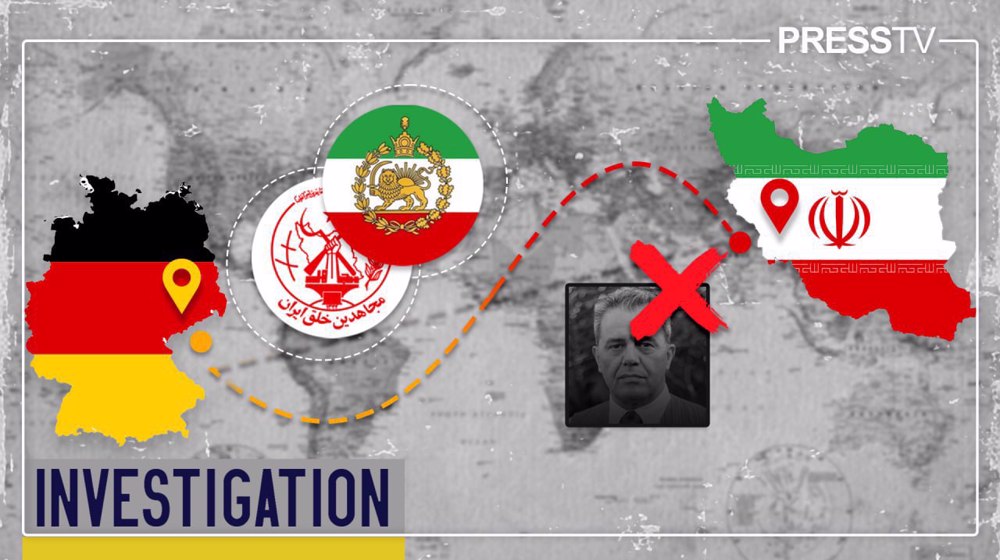
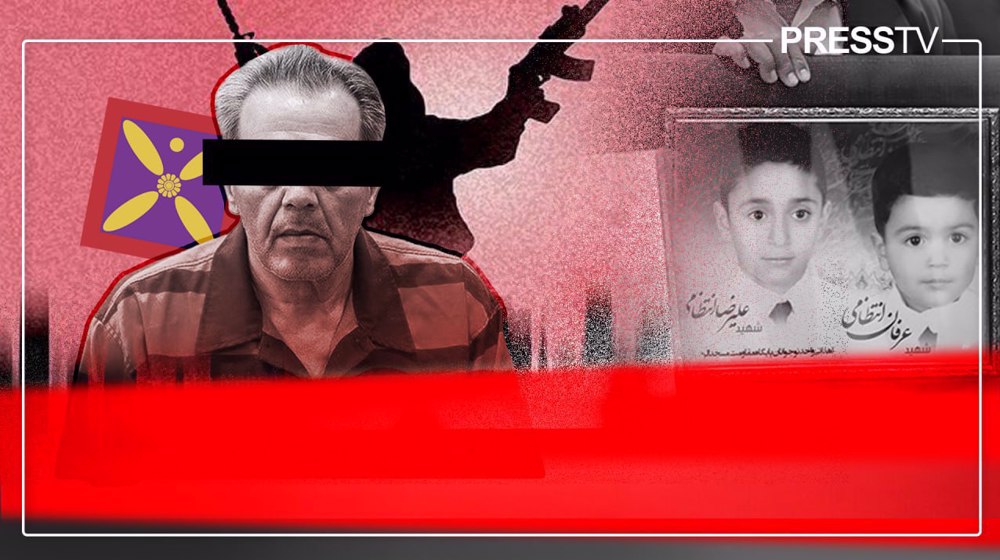
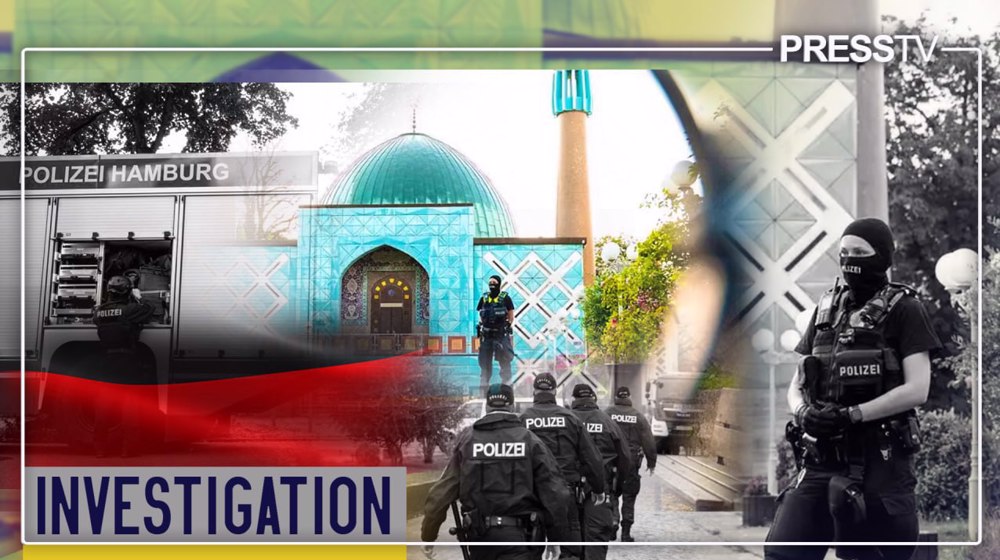
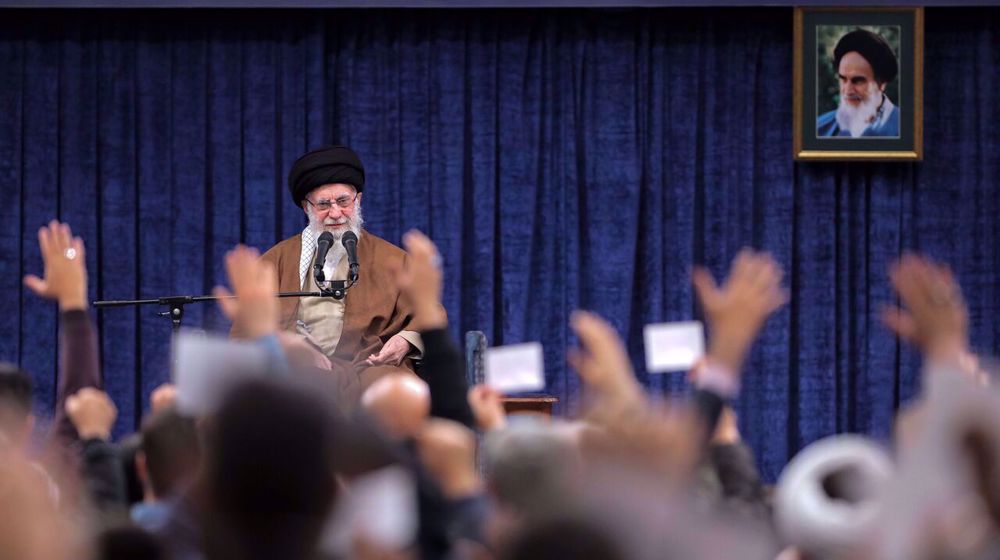
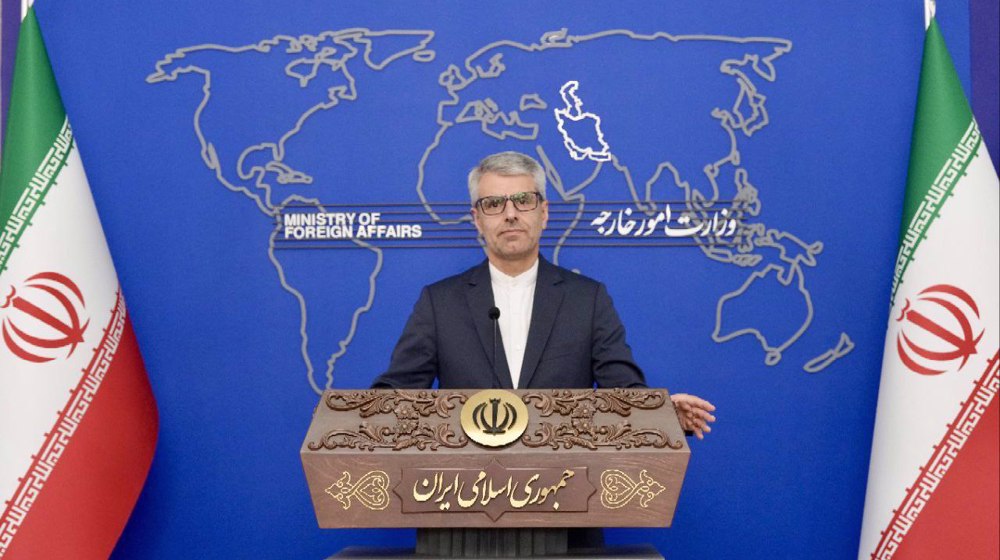
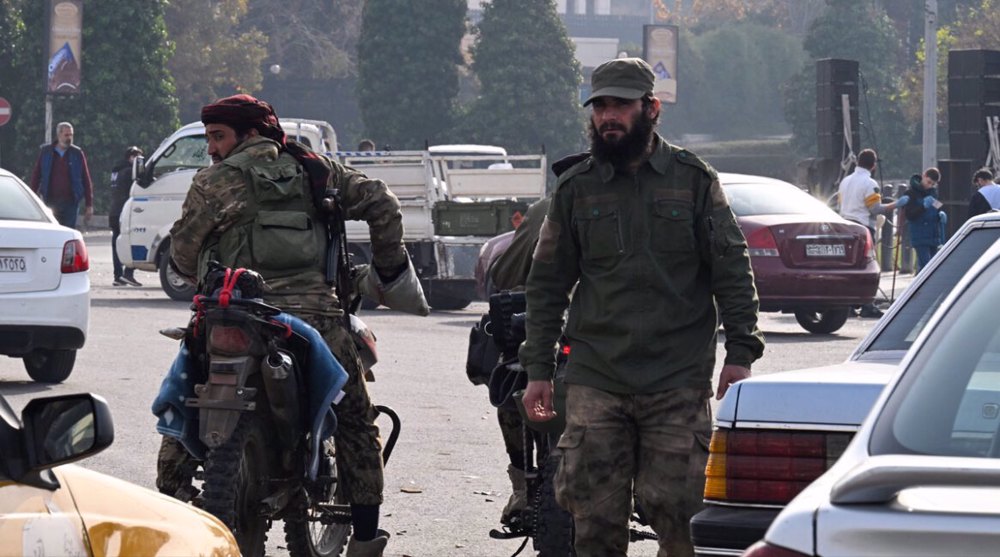



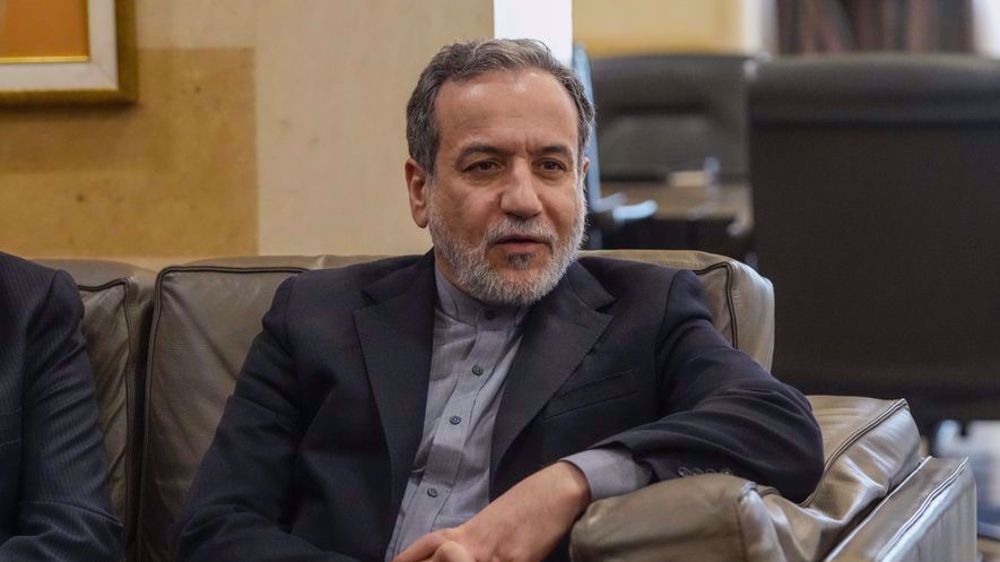
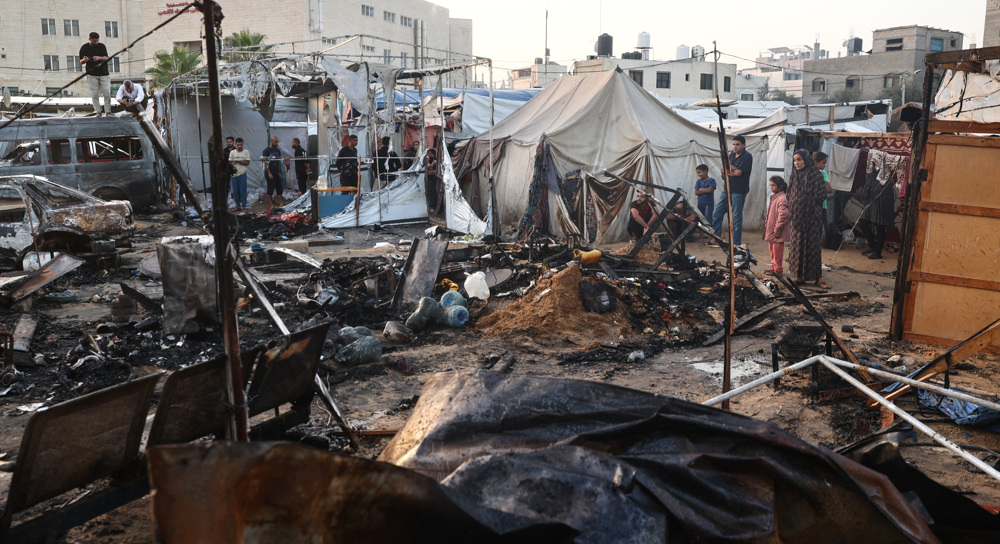
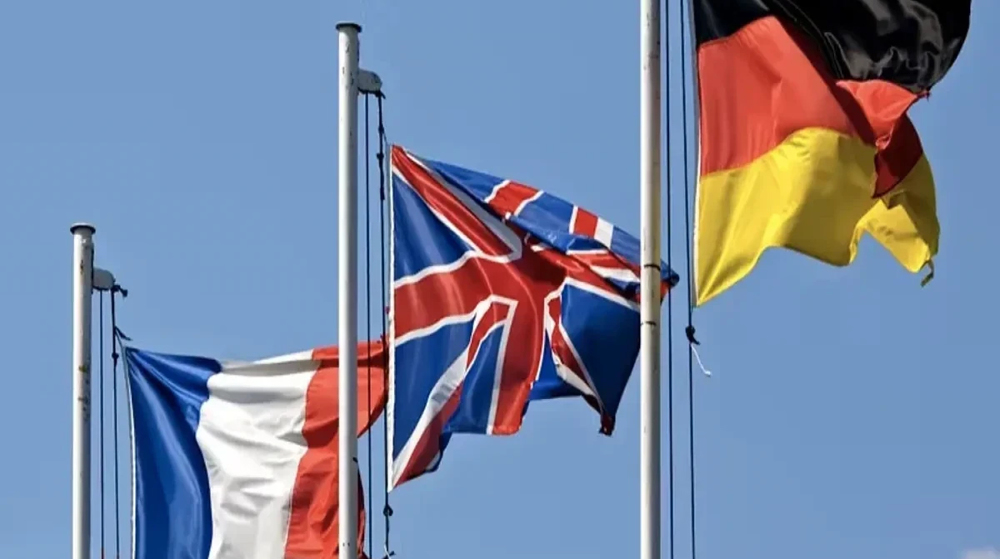
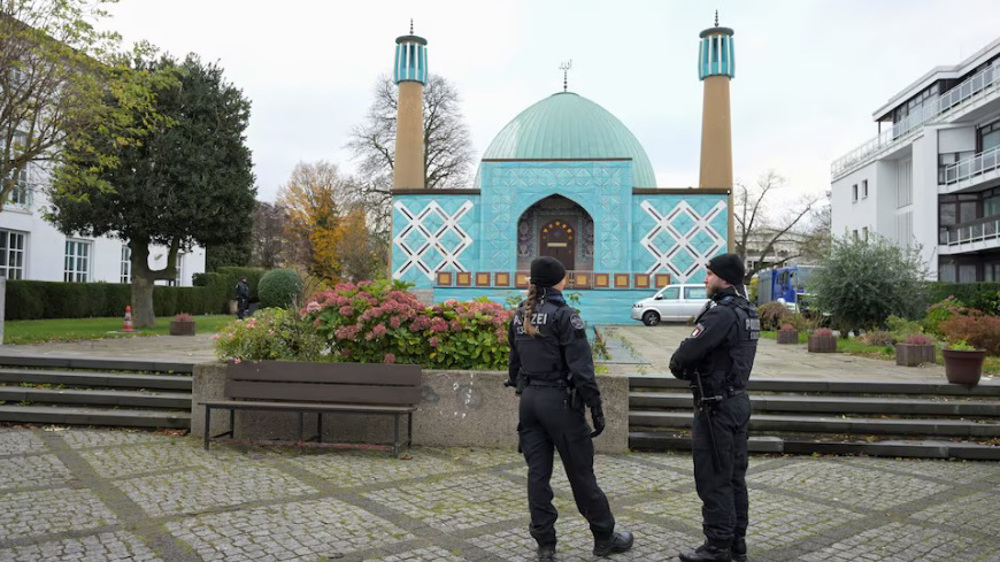
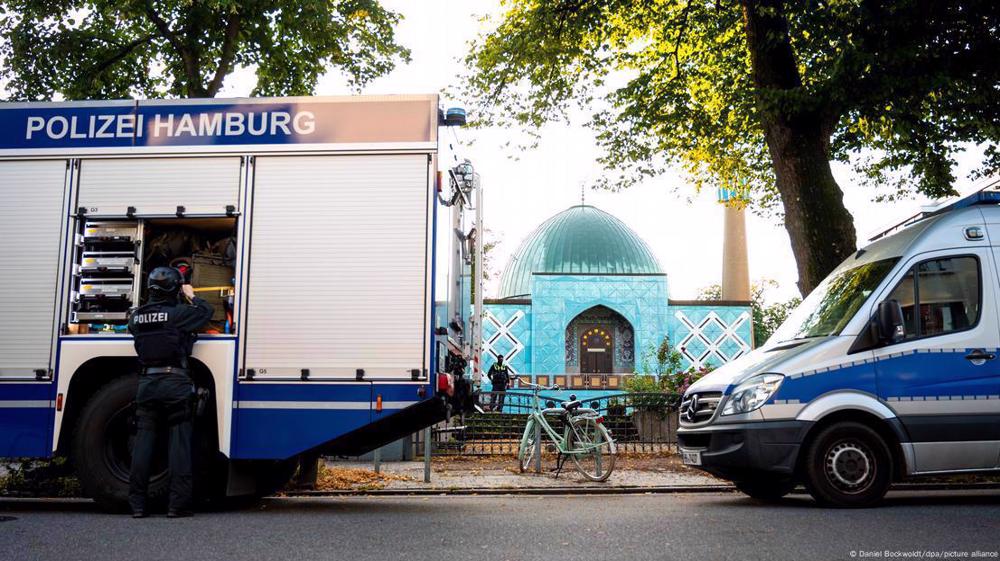

 This makes it easy to access the Press TV website
This makes it easy to access the Press TV website